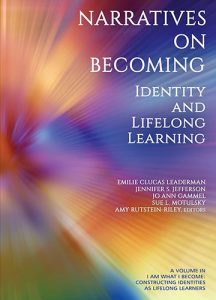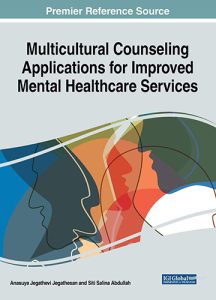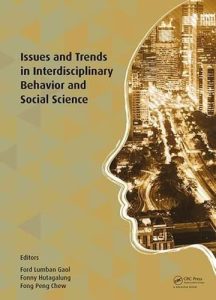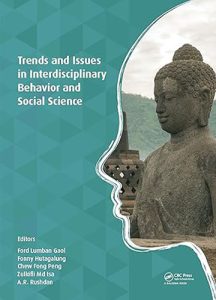Books
2019
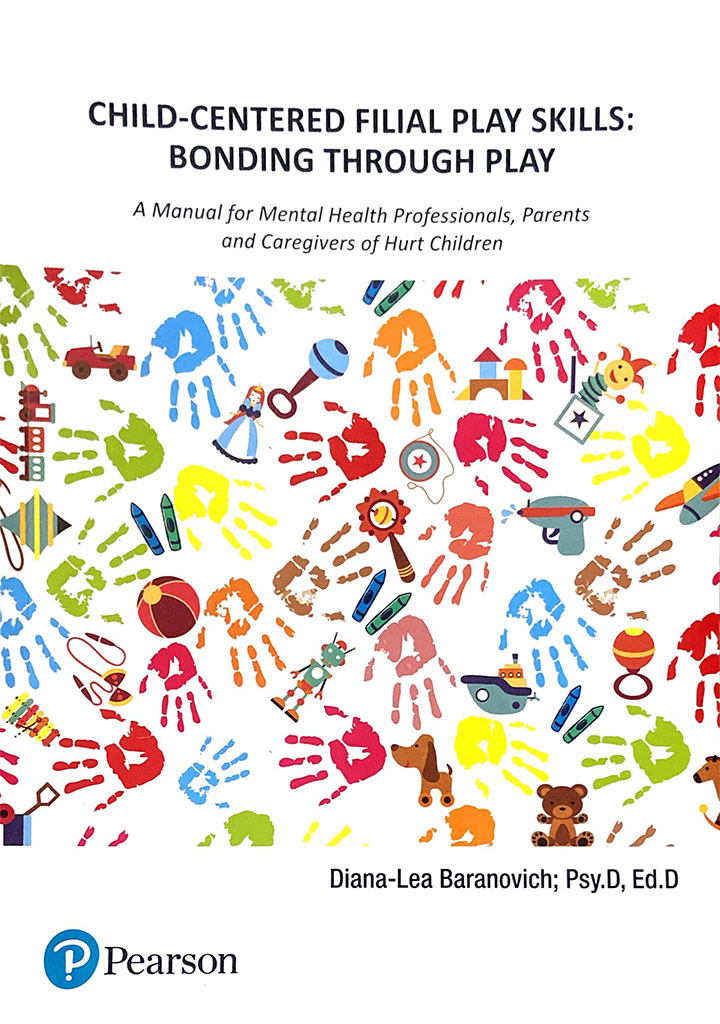
Child-centered Filial Play Skills: Bonding Through Play
Explores the transformative power of play, providing techniques to foster connections and understanding through filial play skills.
2017
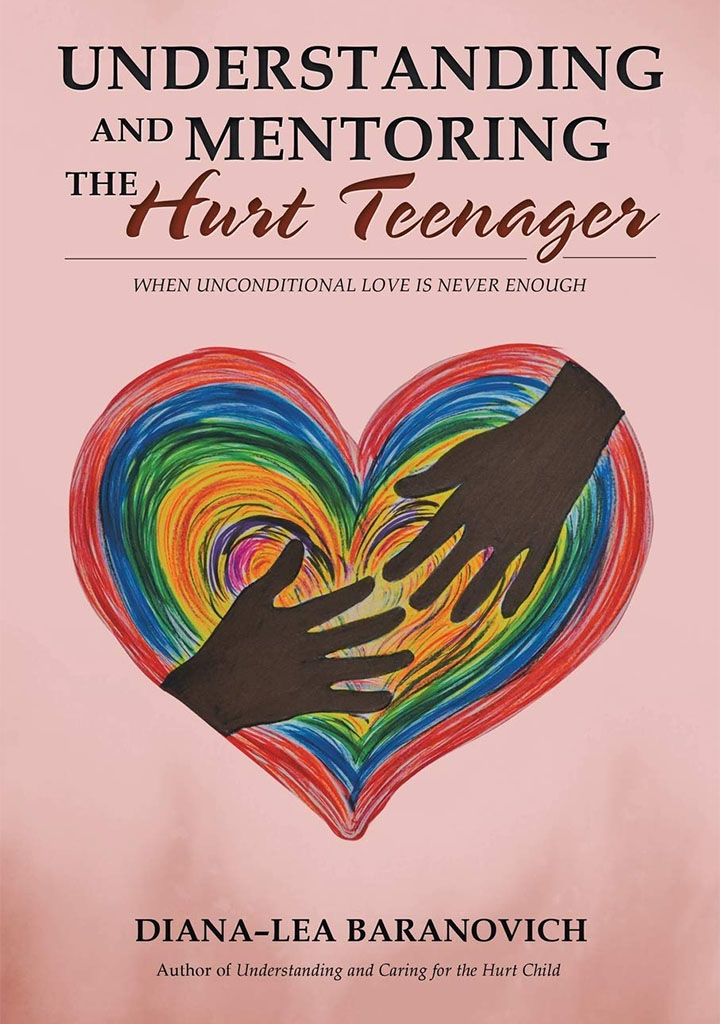
Understanding and Mentoring the Hurt Teenager
Explores the complex world of adolescence, offering strategies to mentor and support teenagers who are facing emotional challenges
2012

Understanding and Caring for the Hurt Child
A comprehensive guide to nurturing and healing children who have experienced trauma or emotional pain.
Book Chapters
Behind the blackboard: Voices of migrant teachers
Narratives on Becoming: Identity and Lifelong Learning (I Am What I Become: Constructing Identities as Lifelong Learners)
Release Date: October 12, 2018
ISBN-10: 1648024807
ISBN-13: 978-1522560739
Editors: Amy Rutstein-Riley, Emilie Clucas Leaderman, Jennifer S. Jefferson, Jo Ann Gammel, Sue Motulsky
The internationalization of education, significantly driven by globalization, has enabled the transmigration of educators in many parts of the world. This has been going on for the last two decades, consequently, increasing the mobility and migration of teachers mostly from North America, Europe and some parts of Asia and the Pacific (Bense, 2016). However, despite such indication, there is a considerable dearth of literature that explores the experiences of international educators. The little available research focuses on the experiences of Western-born and English-speaking teachers, with some mention of the struggles in enculturation and discrimination (Bense, 2016; Bernardo & Almonte-Acosta, 2014; Bernardo & Malakolunthu, 2013). In this study, we use our personal stories to shed light on these experiences. We reflect on our stories from the prism of identity formation and lifelong learning. We argue that migration is in itself a form of lifelong learning; and we locate ourselves as its both facilitators and beneficiaries. Furthermore, we postulate that our professional identities as educators are transformed and strengthened by the migration experience.
Filial Play Therapy Process of a Malaysian Parent.
Multicultural Counseling Applications for Improved Mental Healthcare Services
Release Date: October 12, 2018
ISBN-10: 1522560734
ISBN-13: 978-1522560739
Editors: Anasuya Jegathevi Jegathesan, Siti Salina Abdullah
Filial therapy is a form of therapy that works for various family cultures, structures and presenting issues. One of the most important elements in Filial therapy is that the parent focuses exclusively on the child during the play period, and the sessions are led by the child. In Malaysia, some parents leave the duties of child rearing to their domestic helpers. This can cause much trauma to a preschool child who has been raised by his domestic helper if the domestic helper leaves the family. The domestic helper was the primary caregiver of the child; hence, when the domestic helper leaves, the child feels that his “mother” has abandoned him. This in turn causes the child to respond via very negative acting out behaviors. This chapter presents a case study using filial play therapy as a therapeutic intervention for a pre-school child and his mother after the domestic helper left the family. This therapeutic process enhanced the bonding between the child and his mother. As a result of better bonding, the child’s negative behaviors subsided. Overall, filial therapy is one of the best therapeutic therapy techniques that can assist in helping children and their families overcome psychological issues. (PsycInfo Database Record (c) 2020 APA, all rights reserved)
Parental challenges in the filial therapy process: A conceptual study
Issues and Trends in Interdisciplinary Behavior and Social Science (ICIBSoS 2017 Proceedings)
Release Date: May 20, 2018
ISBN-10: 9781138035164, 1138035165
ISBN-13: 978-1138553804
Editors: Chew Fong Peng, Fonny Hutagalung, Ford Lumban Gaol
In this study, we highlight the importance of understanding parental challenges in the filial therapy process. Filial therapy is coined as golden therapy for its effectiveness across cultures, family structures, and presenting issues for over five decades. It has been demonstrated in the literature that parental challenges did emerge, but there is no clear and detailed information. Filial therapy focuses on understanding the process of parenting. This gap needs to be explored to improve the implementation and expansion of filial therapy. Here, we proposed to use Bronfenbrenner’s bioecological theory to study the challenges. Besides, filial therapy’s study in the context of Malaysia is nonexistent, but it is expected that the families here will benefit from this therapy modality.
Running head: Play therapy with Autism Spectrum Disorder (ASD) preschoolers
Trends and Issues in Interdisciplinary Behavior and Social Science (ICIBSoS 2016 Proceedings)
Release Date: October 12, 2018
ISBN-10: 9781138035164, 1138035165
ISBN-13: 978-1138035164
Editors: A. R. Rushdan, Chew Fong Peng, Fonny Hutagalung, Ford Lumban Gaol, Zulkifli Md Isa
This chapter explains the goals and techniques used in floor-time play therapy and how such goals and techniques serve to help the holistic development of Autism Spectrum Disorder (ASD) children. ASD children are often fixated on sensorial and repetitive play. Children diagnosed with ASD show specific traits in their play. Based on clinical observation, the most noticeable quality seen in ASD children’s play is its lack of imagination and creativity and its repetitive nature. ASD children also have less variety in functional play, showing more repetition. ASD children play with their toys in a very rigid manner. They lack pretend and imaginative play. Sensory motor play will dominate the ASD child’s play, and hinder him or her from engaging in symbolic play. Children with ASD show abnormalities in the first stage of play, which often produce developmental delays in the other phases. The adult interacting with the ASD child can be a therapist, a caregiver, or another significant adult.
Spiritual Renewal during the Mid- life Passage: A Jungian Based Transpersonal Perspective
Explorations in Human Spirituality
Release Date: January 1, 2009
ISBN-10: 9788182209794
ISBN-13: 978-8182209794
Editors: Akbar Husain
In this study, we highlight the importance of understanding parental challenges in the filial therapy process. Filial therapy is coined as golden therapy for its effectiveness across cultures, family structures, and presenting issues for over five decades. It has been demonstrated in the literature that parental challenges did emerge, but there is no clear and detailed information. Filial therapy focuses on understanding the process of parenting. This gap needs to be explored to improve the implementation and expansion of filial therapy. Here, we proposed to use Bronfenbrenner’s bioecological theory to study the challenges. Besides, filial therapy’s study in the context of Malaysia is nonexistent, but it is expected that the families here will benefit from this therapy modality.
Spiritual Connections Through Creative Expression
Twenty First Century Psychology Spirituality Behaviour and Wellness
Release Date: January 1, 2017
ISBN-13: 978-8182202641
Editors: Akbar Husain
This chapter explains the goals and techniques used in floor-time play therapy and how such goals and techniques serve to help the holistic development of Autism Spectrum Disorder (ASD) children. ASD children are often fixated on sensorial and repetitive play. Children diagnosed with ASD show specific traits in their play. Based on clinical observation, the most noticeable quality seen in ASD children’s play is its lack of imagination and creativity and its repetitive nature. ASD children also have less variety in functional play, showing more repetition. ASD children play with their toys in a very rigid manner. They lack pretend and imaginative play. Sensory motor play will dominate the ASD child’s play, and hinder him or her from engaging in symbolic play. Children with ASD show abnormalities in the first stage of play, which often produce developmental delays in the other phases. The adult interacting with the ASD child can be a therapist, a caregiver, or another significant adult.

